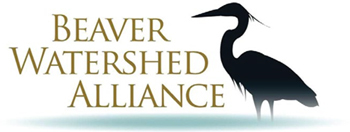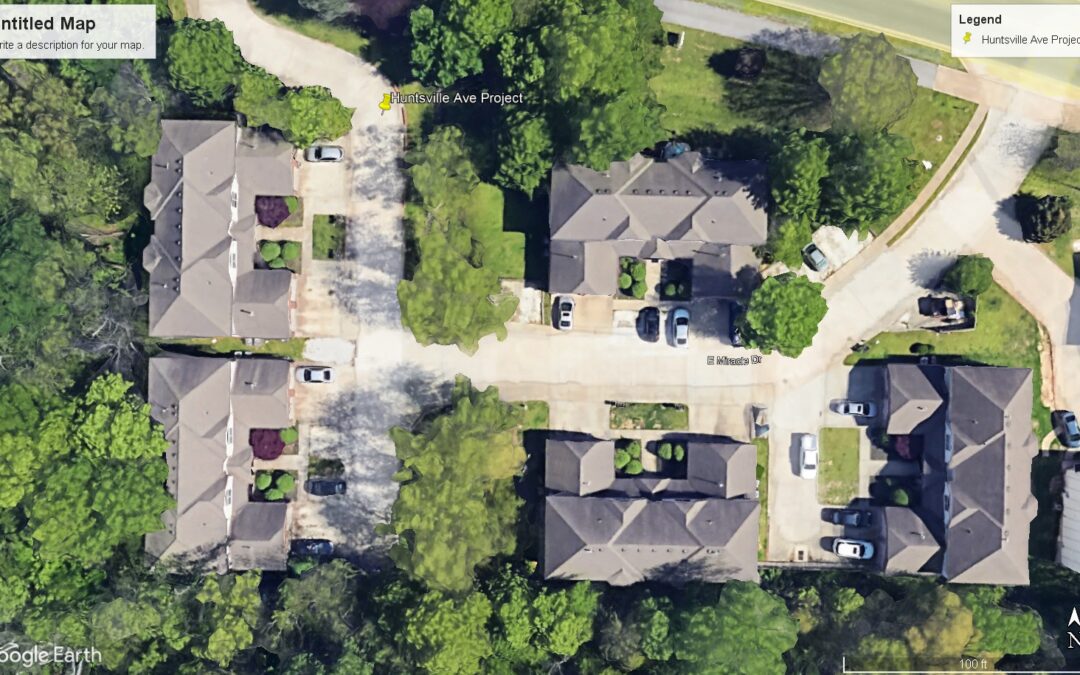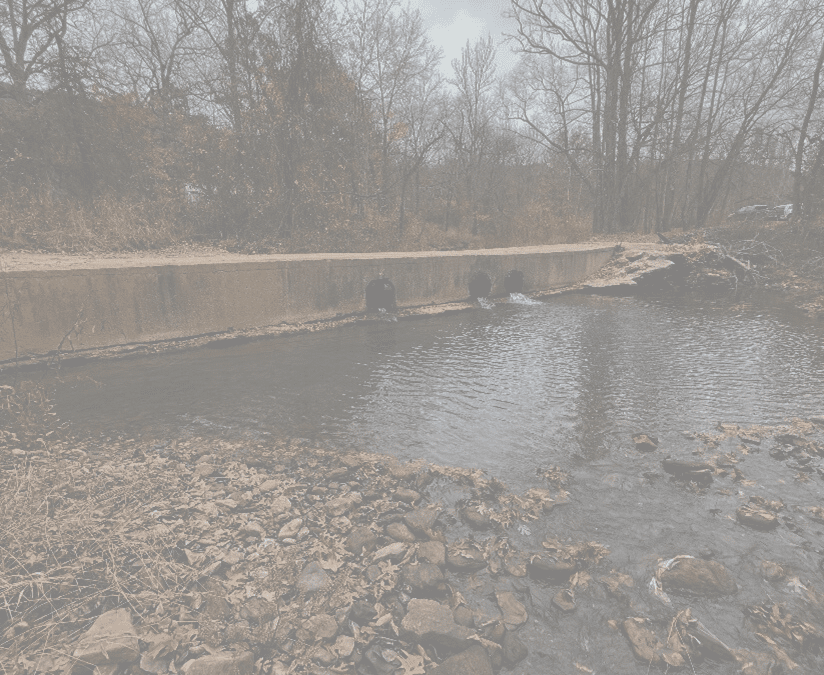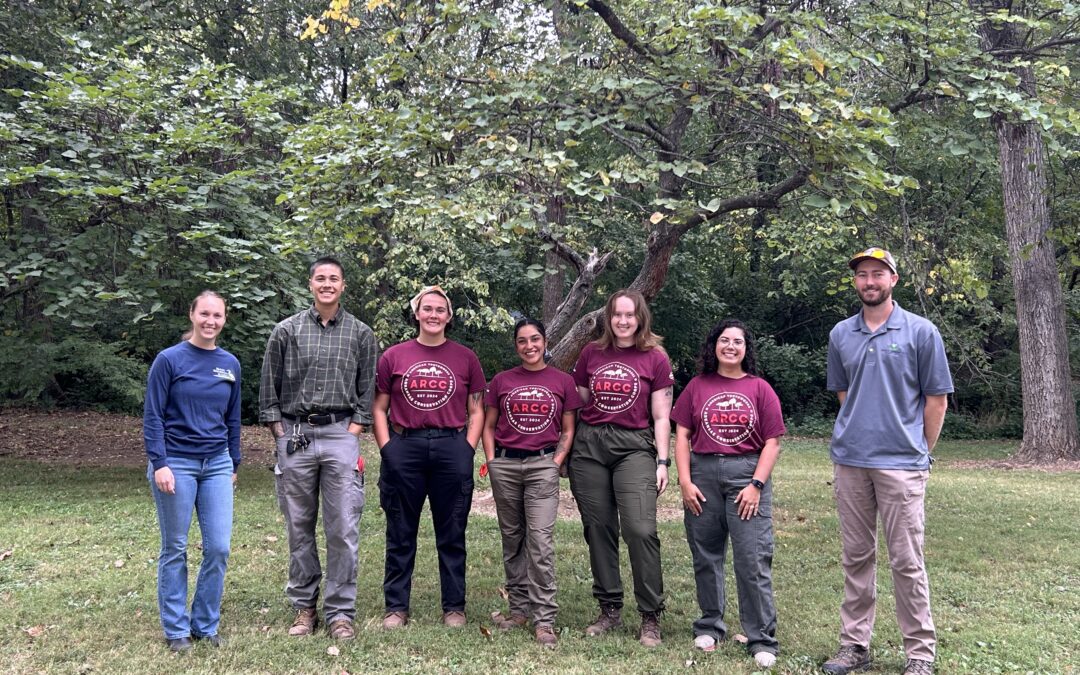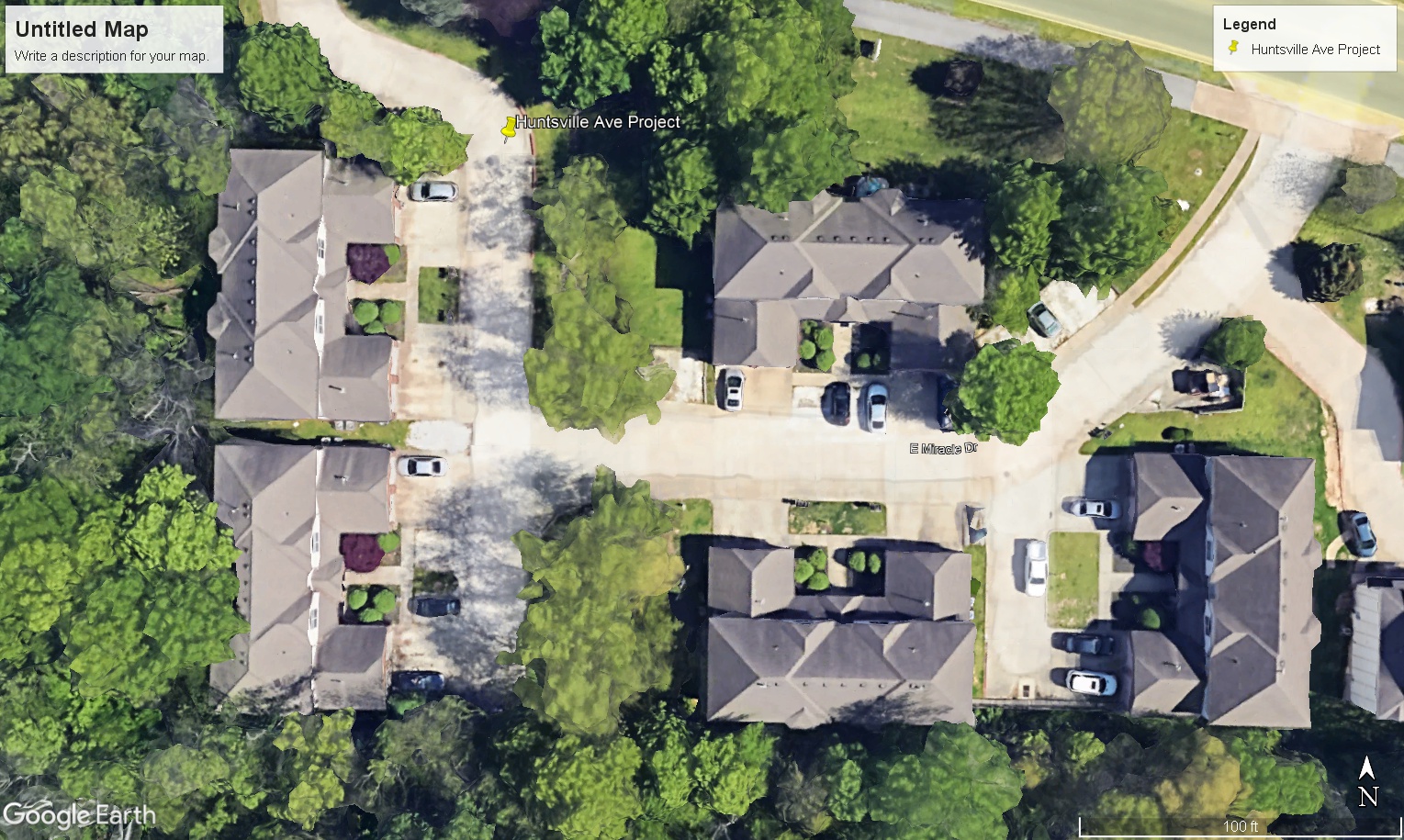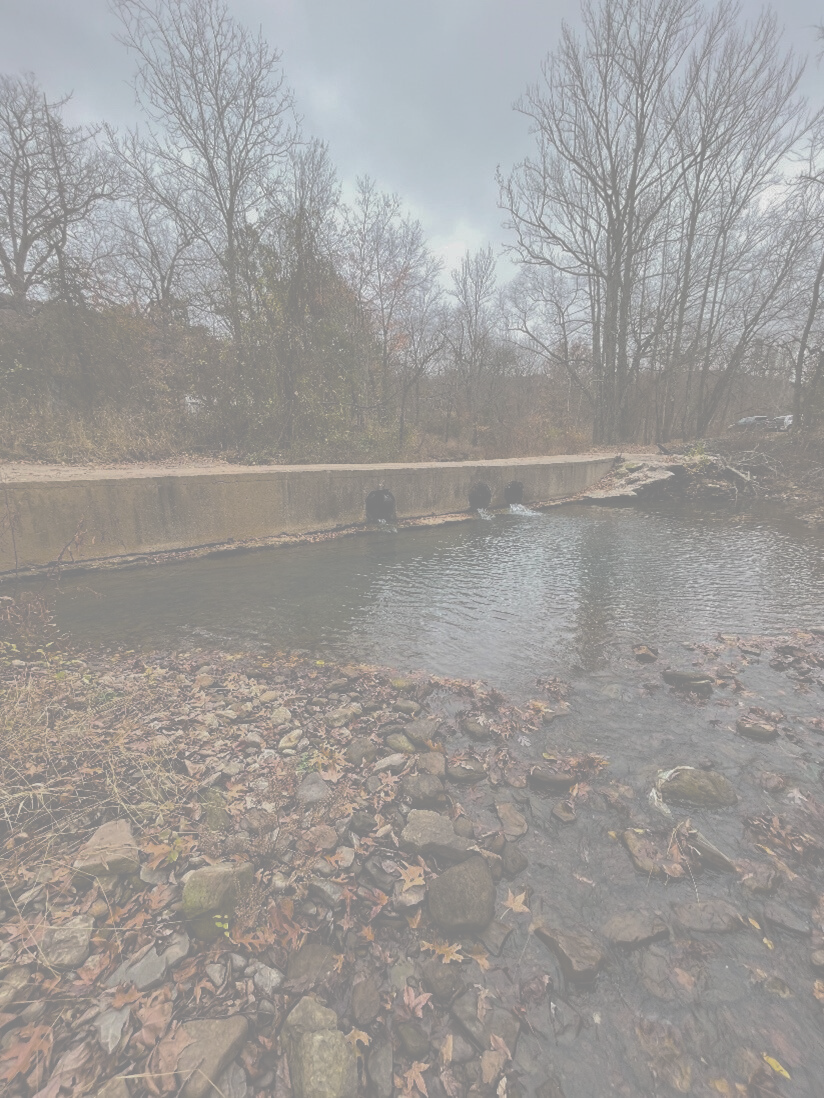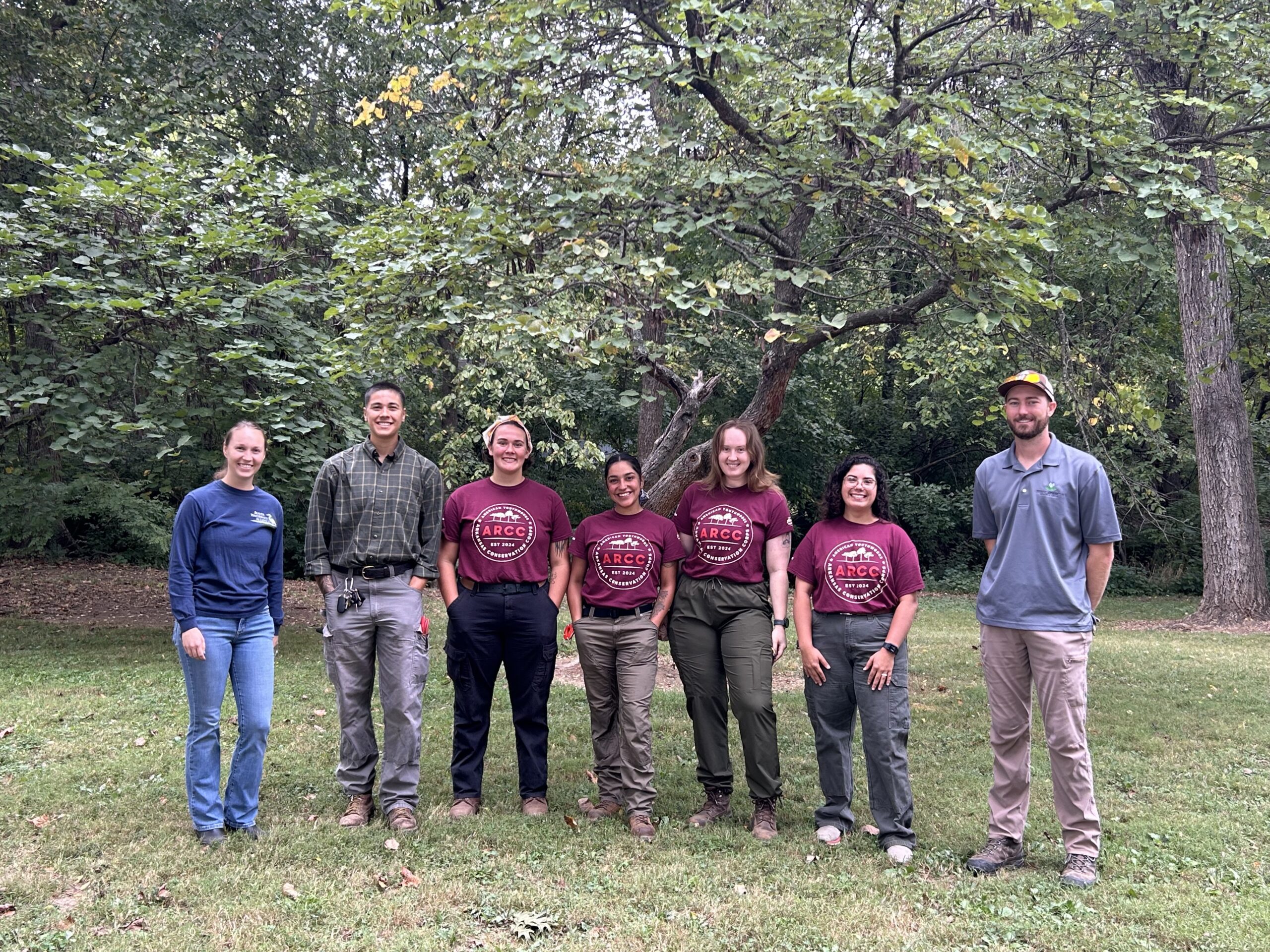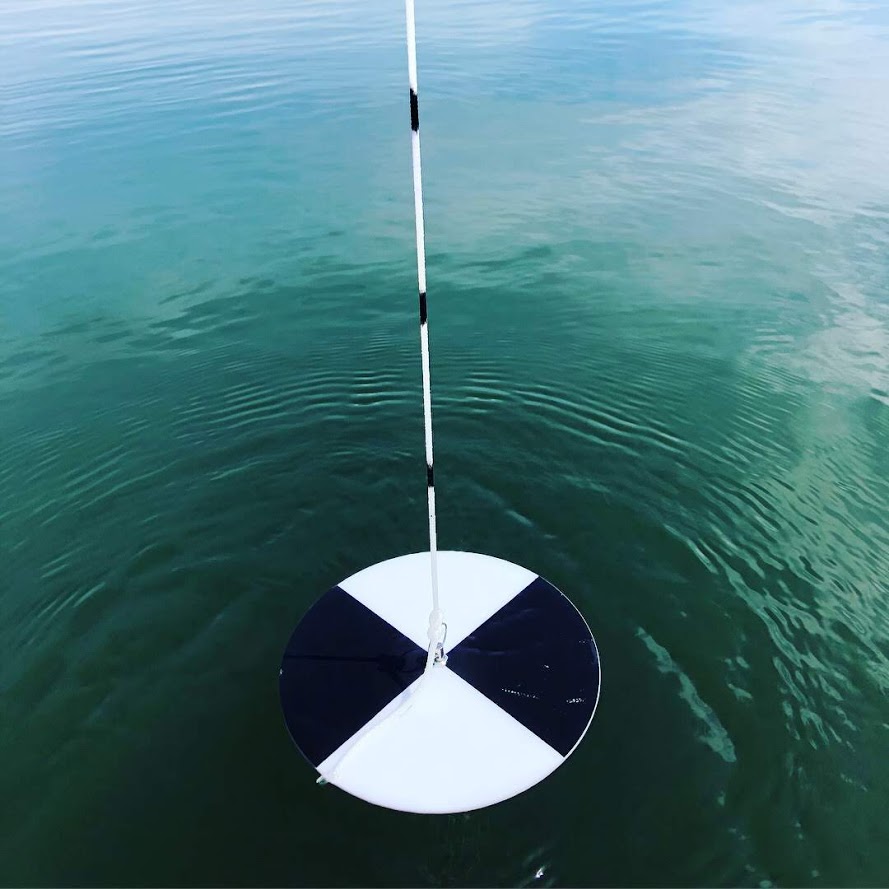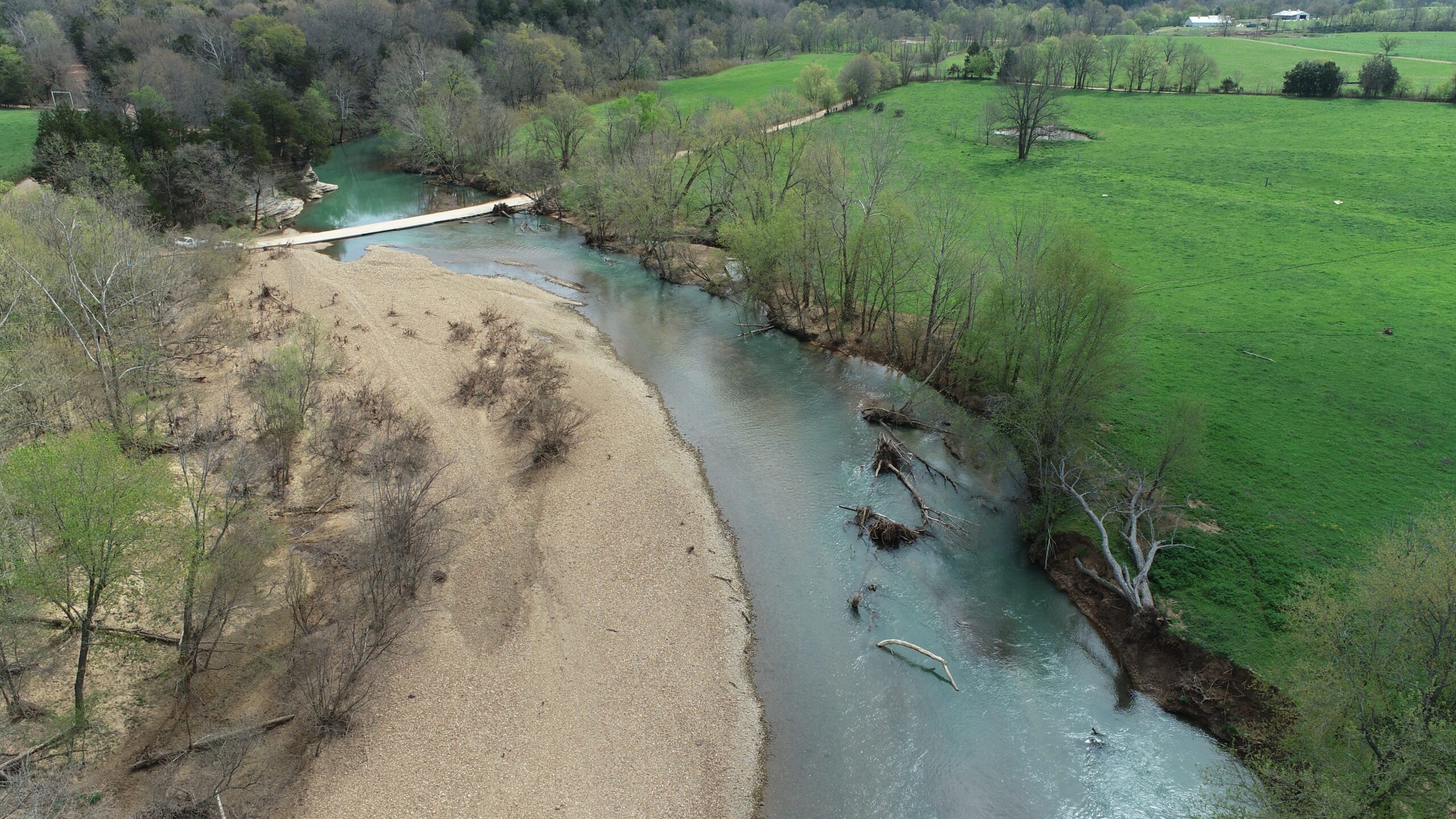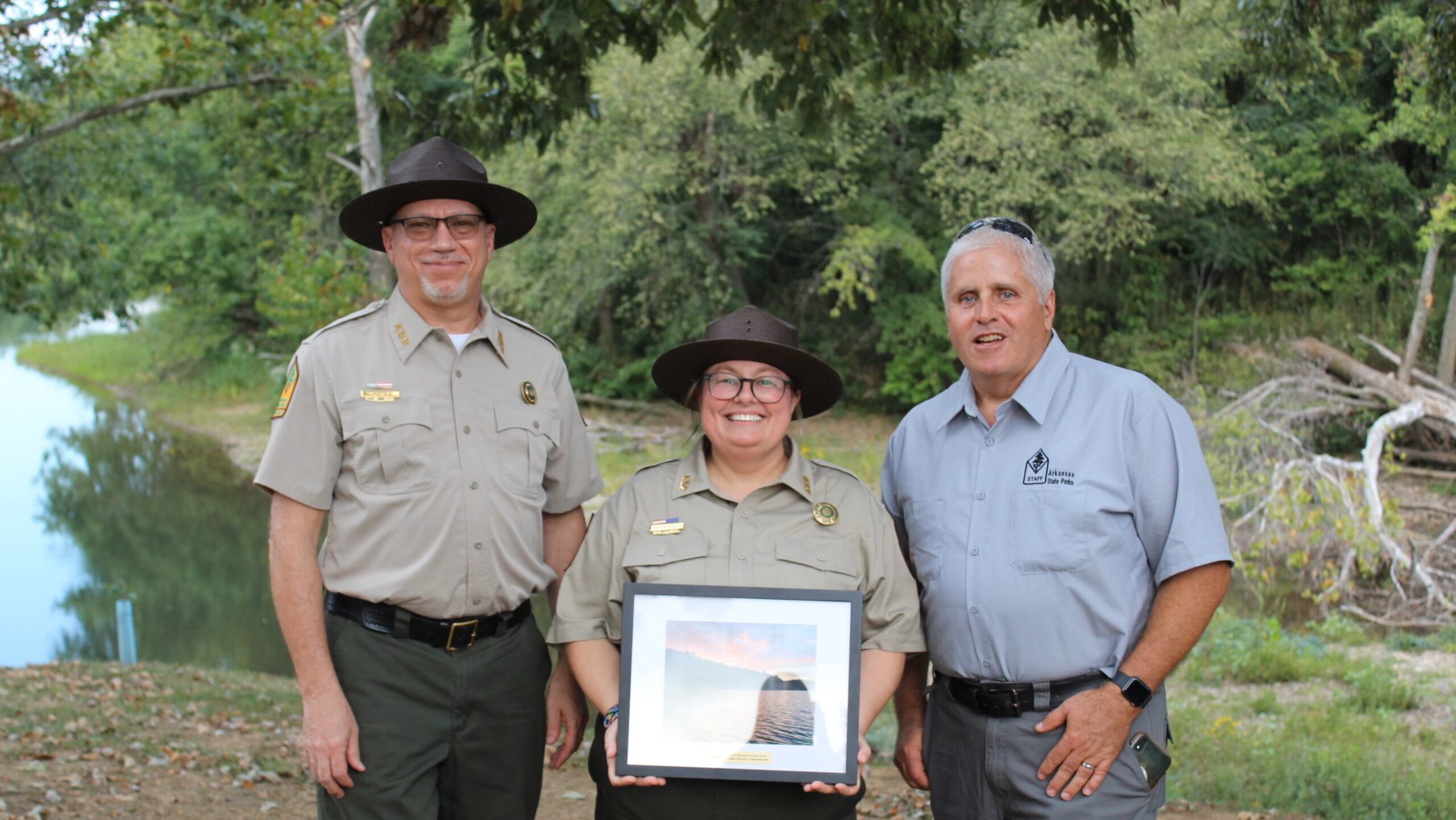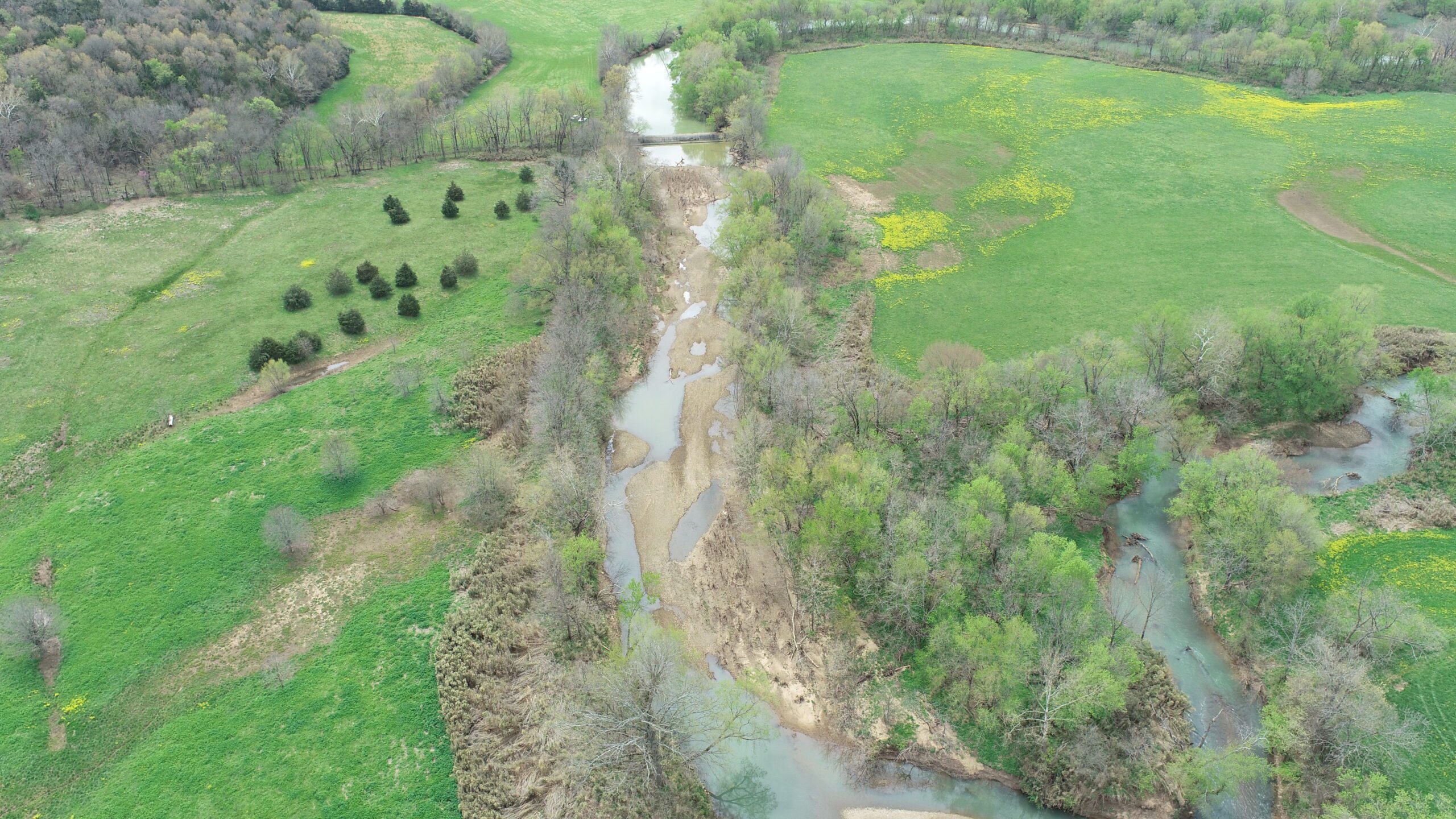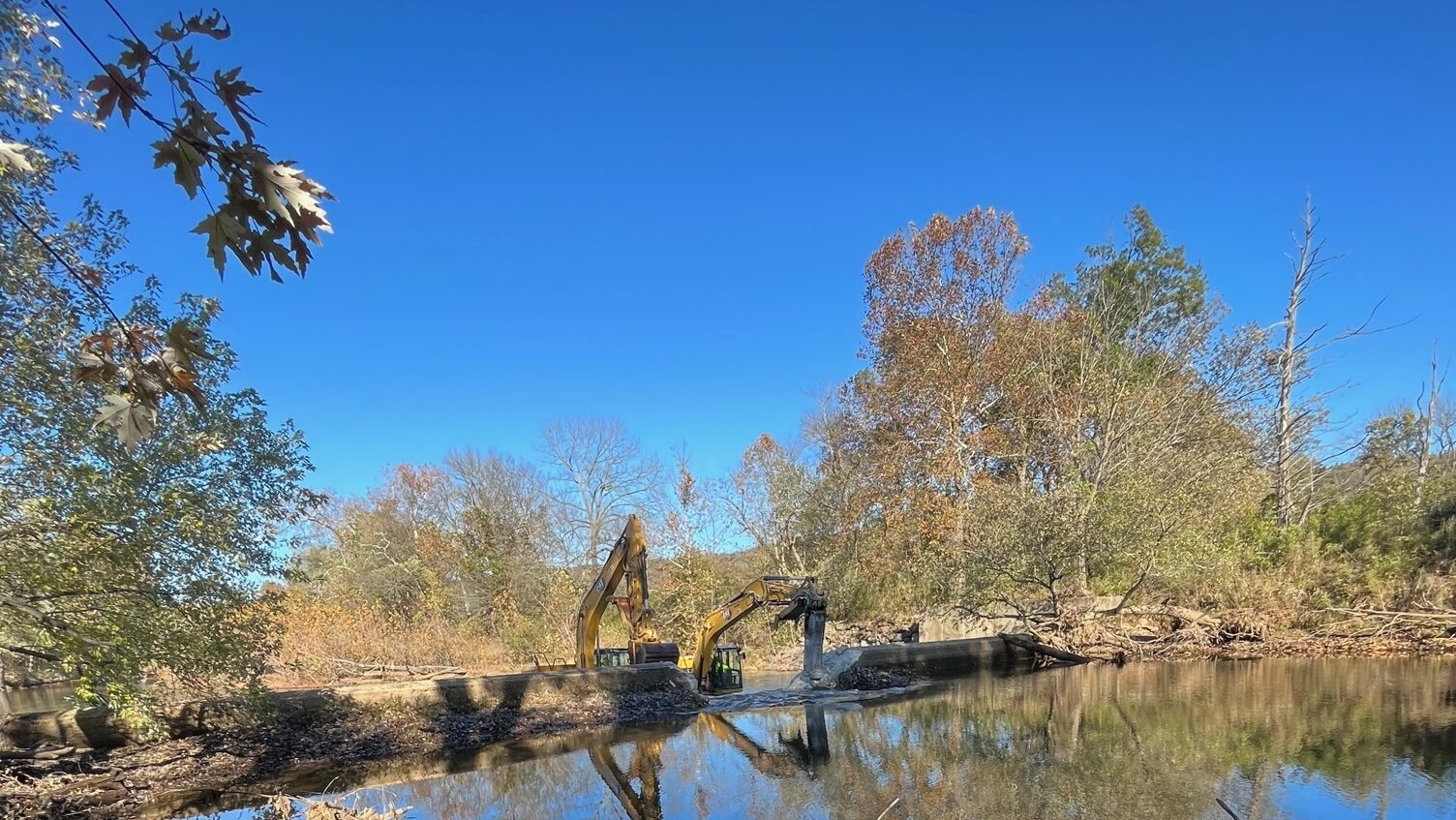 “Soil health practices such as cover crops, minimum or no tillage, rotational grazing, and diverse crop rotations provide benefits to farm productivity, wildlife, and the environment. They provide solutions to specific challenges faced by farmers: drought and extreme rainfall events, invasive weed and pest pressure, and poor soil fertility. Despite the clear advantages, most farmers have yet to implement these valuable practices on their agricultural land in the Midwest.”
“Soil health practices such as cover crops, minimum or no tillage, rotational grazing, and diverse crop rotations provide benefits to farm productivity, wildlife, and the environment. They provide solutions to specific challenges faced by farmers: drought and extreme rainfall events, invasive weed and pest pressure, and poor soil fertility. Despite the clear advantages, most farmers have yet to implement these valuable practices on their agricultural land in the Midwest.”
– Conservation Champions, a National Wildlife Federation Program
The Alliance, for many years now, has been working to educate landowners on soil and water health practices to not only better protect resources but also to save landowners money. Part of this has been working with the National Wildlife Federation Program Conservation Champions. Getting to know and work with exemplary landowners over this period has been incredibly enlightening and a privilege for the Alliance. Soil and water health are of utmost importance to producers because these factors can control their bottom line and can dictate the quality of produce or the health of animals. Practices like keeping the soil covered with healthy vegetation or cover crops can control wind and water erosion, reduce evaporation rates, stabilize soil temperature, reduce compaction, suppress weed growth, and more. Managing soil disturbances by reducing overgrazing allows plants to harvest carbon dioxide and sunlight better. Allowing soil communities to grow and prosper only has benefits for above-ground growth, whether it is vegetation or livestock.
Emily Jost and her family have been local producers in Northwest Arkansas since the 80s. They have a 35-head cow-calf operation with 24 ewe sheep as well as a steer operation on a separate 40-acres. Emily took over the operation in 2019 and, during this time, transitioned to focusing on maximizing grazing land. Focusing on farming soil, not livestock, was one of the first tips Emily learned. By learning from the community around her, she was able to jumpstart her forage and grazing potential and increase her stocking rate early in her career.
Because feedstock is the largest expense to managing livestock, rotational grazing can save landowners money with the added benefit of allowing the soil time to heal and develop. Emily credits her father for being first convinced of the savings associated with this initial investment and mindset change. For newer landowners or landowners looking to adopt these tactics, Emily suggests talking to other producers that you may wish to emulate about their stories and learn from them, and join farmer groups such as the Grasslands Grazing Groups or the Soil for Water network. Rotational grazing setups can seem daunting, with the initial investment in fencing and additional water sources being the largest hurdle for many. State funding programs and cost-share programs exist to help landowners make a more sustainable operation possible.
With more cover in her paddocks, Emily has noticed that her soil stays put and the water leaving her property is clear. This not only helps her but the whole community through fewer nutrients leaving her property and ending up in the waterway. In the Beaver Lake watershed of Northwest Arkansas, clean water is vital as our community grows and continues to add importance to Beaver Lake, the drinking water source for 1 in 6 Arkansans. Producers like Emily go a long way to making this a sustainable and long-term source of water for the growing population and community of Northwest Arkansas.
The Beaver Watershed Alliance can help landowners, farmers, and producers of any scale learn how to better manage soil and water to protect our vital natural resources. To learn more about Emily’s operation, please visit the Alliance’s YouTube channel (@BeaverWatershed) and see Emily’s incredible work and beautiful property. For questions, email info@beaverwatershedalliance.org
